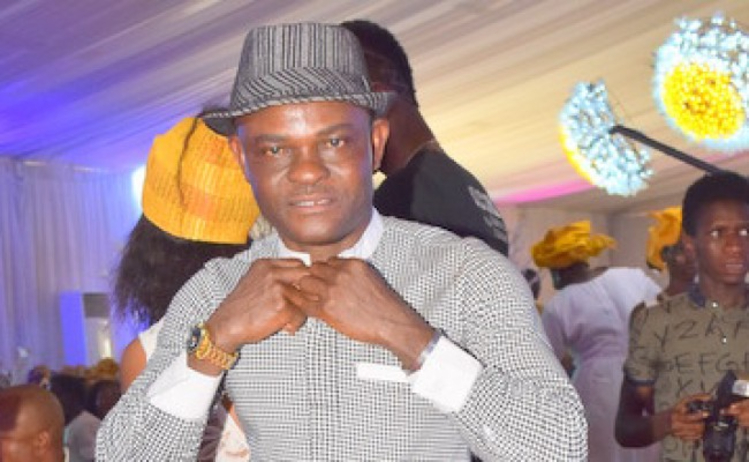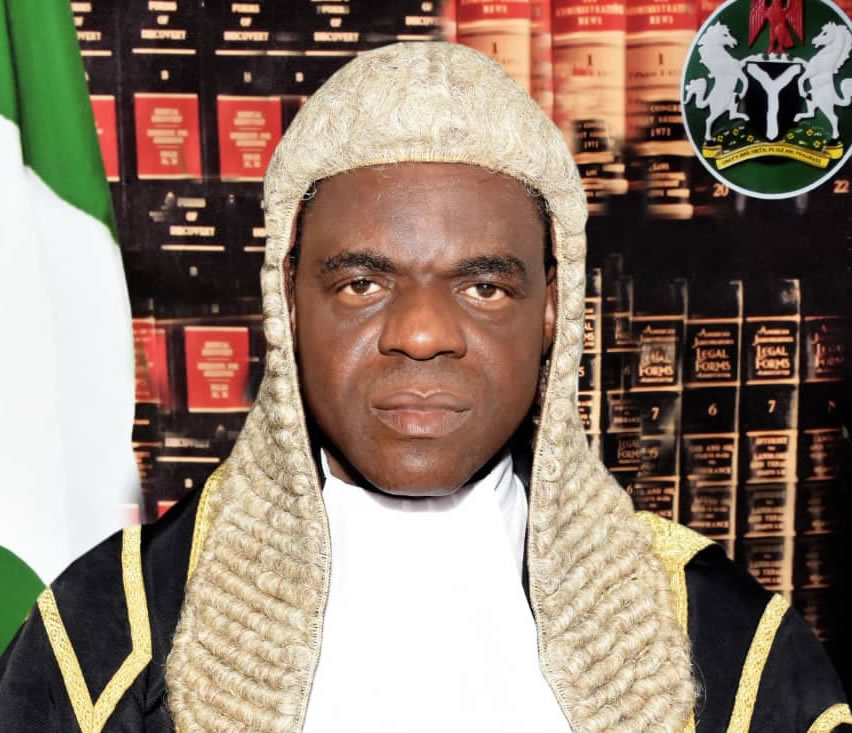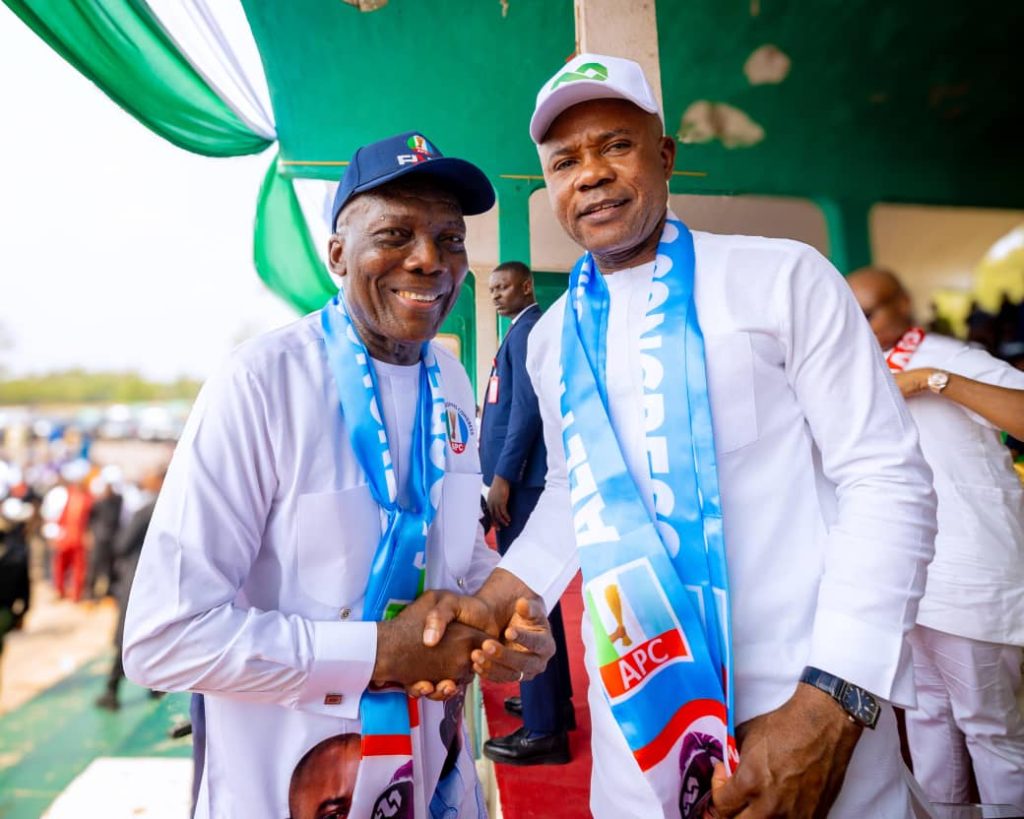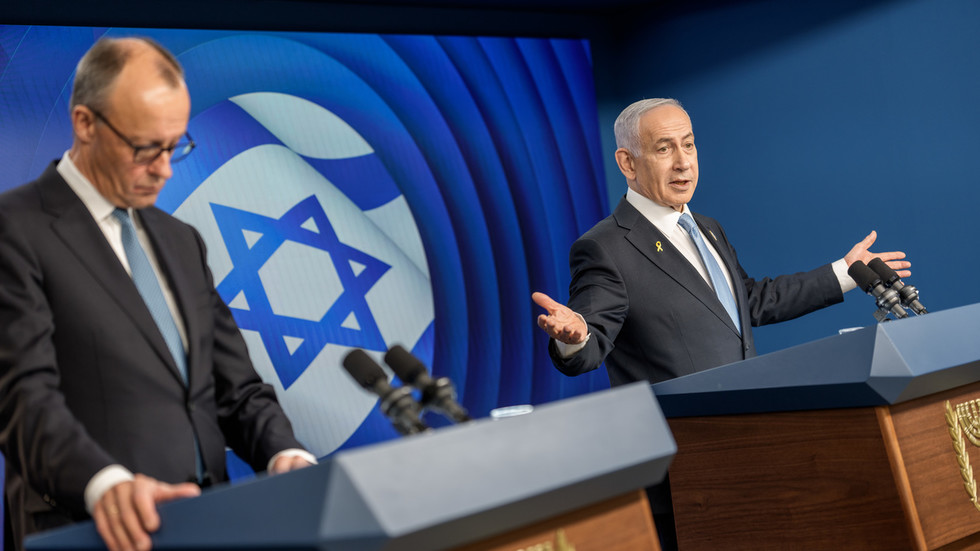A Nigerian political group has sharply rebuked criticism of the country’s debt management strategy, defending President Bola Tinubu’s economic reforms as necessary for growth amid mounting partisan disputes. The National Democratic Front (NDF) issued a rebuttal on Monday targeting the African Democratic Congress (ADC), which recently accused the government of exacerbating Nigeria’s debt burden.
The NDF, led by its National President Ghalil Nasir, labeled the ADC’s claims as “dishonest” and politically motivated, arguing the criticism ignores the administration’s efforts to stabilize an economy inherited with severe structural challenges. Nasir cited inherited liabilities including ₦87.3 trillion ($69.5 billion) in public debt, delayed petrol subsidy payments exceeding ₦4 trillion ($3.2 billion), and inflation at 22.4% when Tinubu took office in 2023. “Previous economic policies left a system in decay,” Nasir stated, adding that external borrowing under Tinubu funds infrastructure and competitiveness rather than recurring expenses.
Central to the dispute is the nature of recent loans. The NDF emphasized that multilateral institutions like the IMF and African Development Bank have endorsed Tinubu’s reforms, with project-linked financing directed toward energy, transportation, and industrial retooling. Data shared by the group showed a $3.9 billion surge in foreign portfolio investments during early 2025—the highest quarterly inflow in five years—as evidence of growing investor confidence.
Nasir dismissed ADC warnings of a potential ₦200 trillion ($158 billion) debt spiral as fearmongering, stressing that “the critical issue isn’t mere debt size, but its purpose.” He contrasted Tinubu’s strategy with past borrowing under ex-President Muhammadu Buhari, which prioritized subsidies and recurrent spending. “Comparing raw naira figures without adjusting for inflation or global currency shifts is economically illiterate,” he argued.
The ADC, a minor opposition party without legislative representation, has yet to respond to calls from the NDF to articulate alternative economic policies. Analysts note the exchange reflects broader debates over Nigeria’s debt sustainability as it navigates currency volatility and seeks growth amid global inflationary pressures.
While defending the administration’s transparency, Nasir acknowledged the risks of deficit financing but insisted halting capital projects would harm long-term development. The NDF urged public focus on measurable outcomes, including rail expansions and energy projects funded by concessional loans. The group’s statement concluded with an appeal for “substance over sensationalism” in political discourse, framing Nigeria’s economic choices as a trade-off between immediate austerity and strategic investment.



